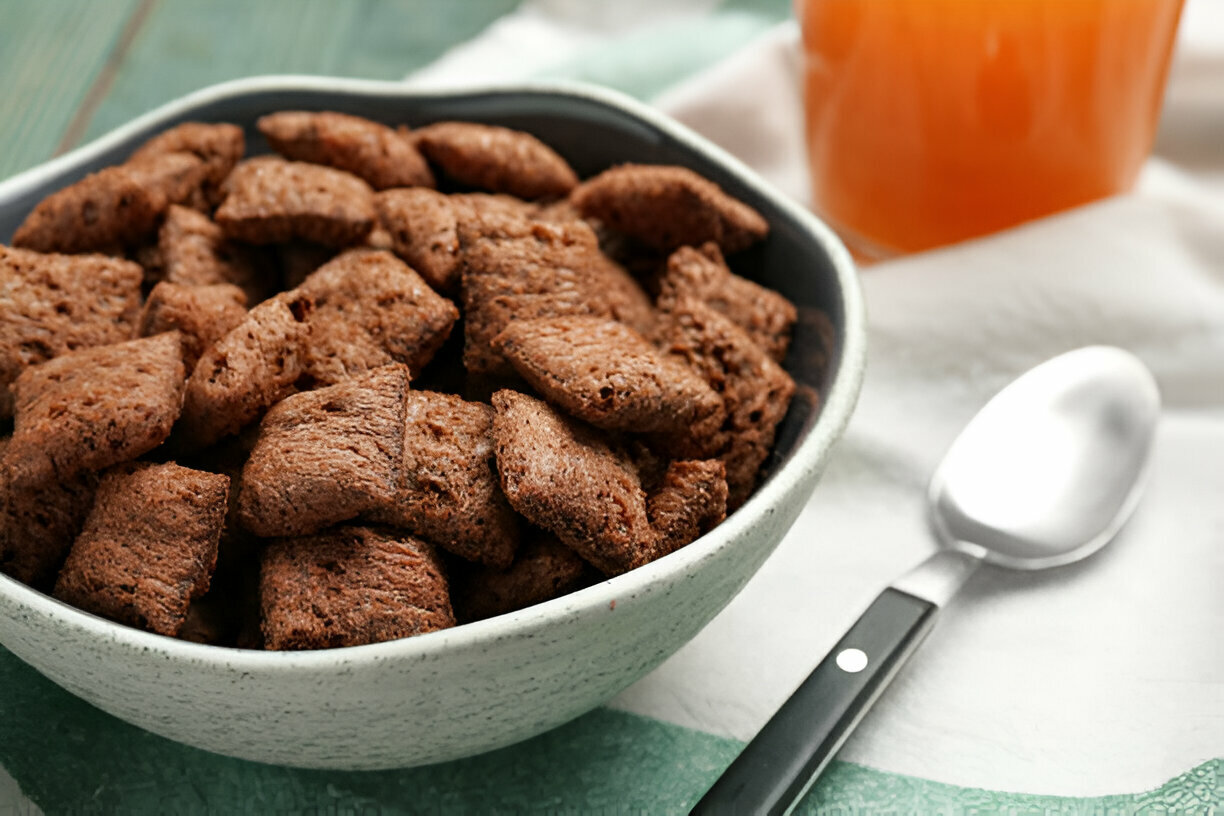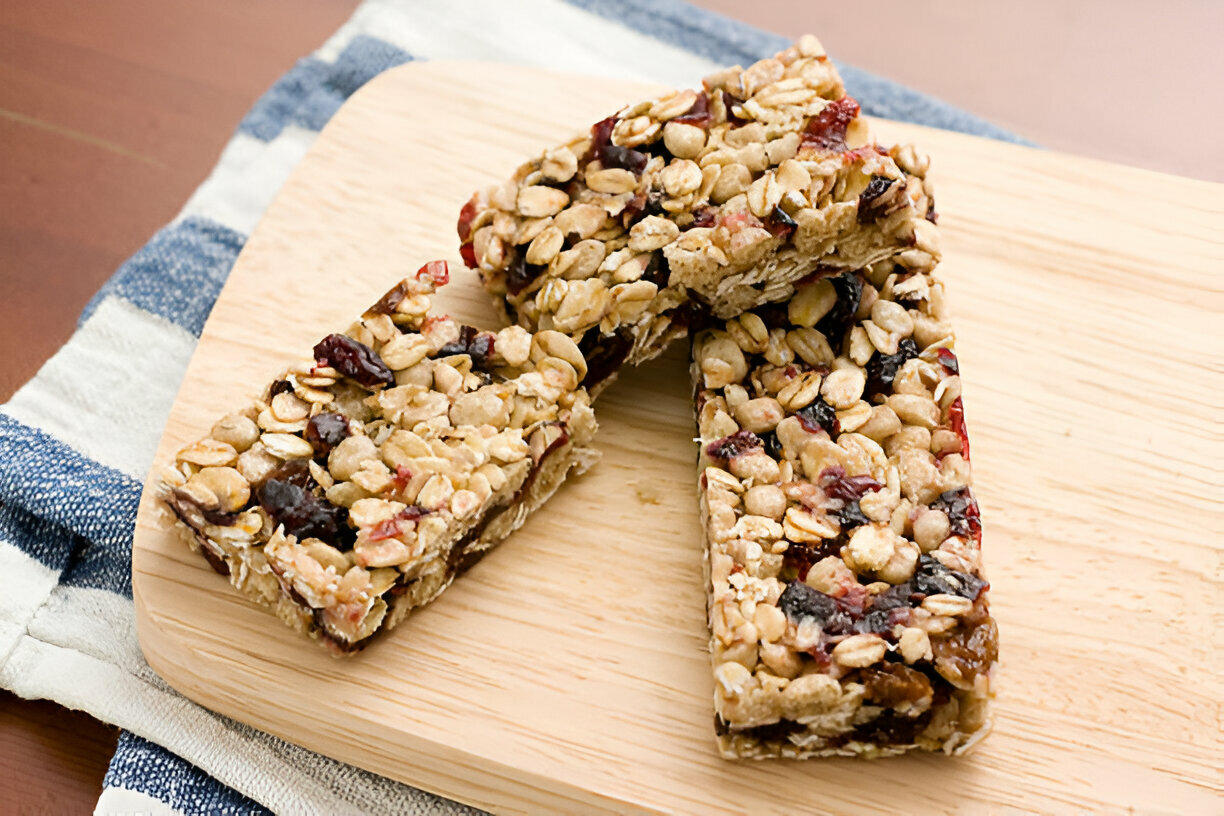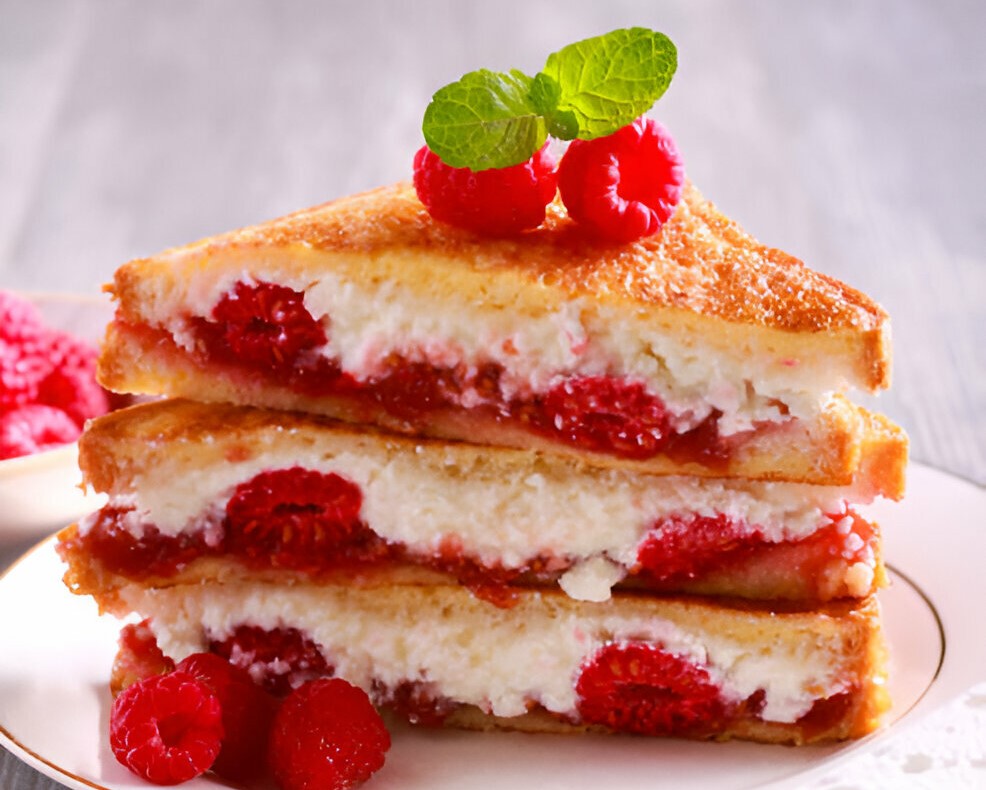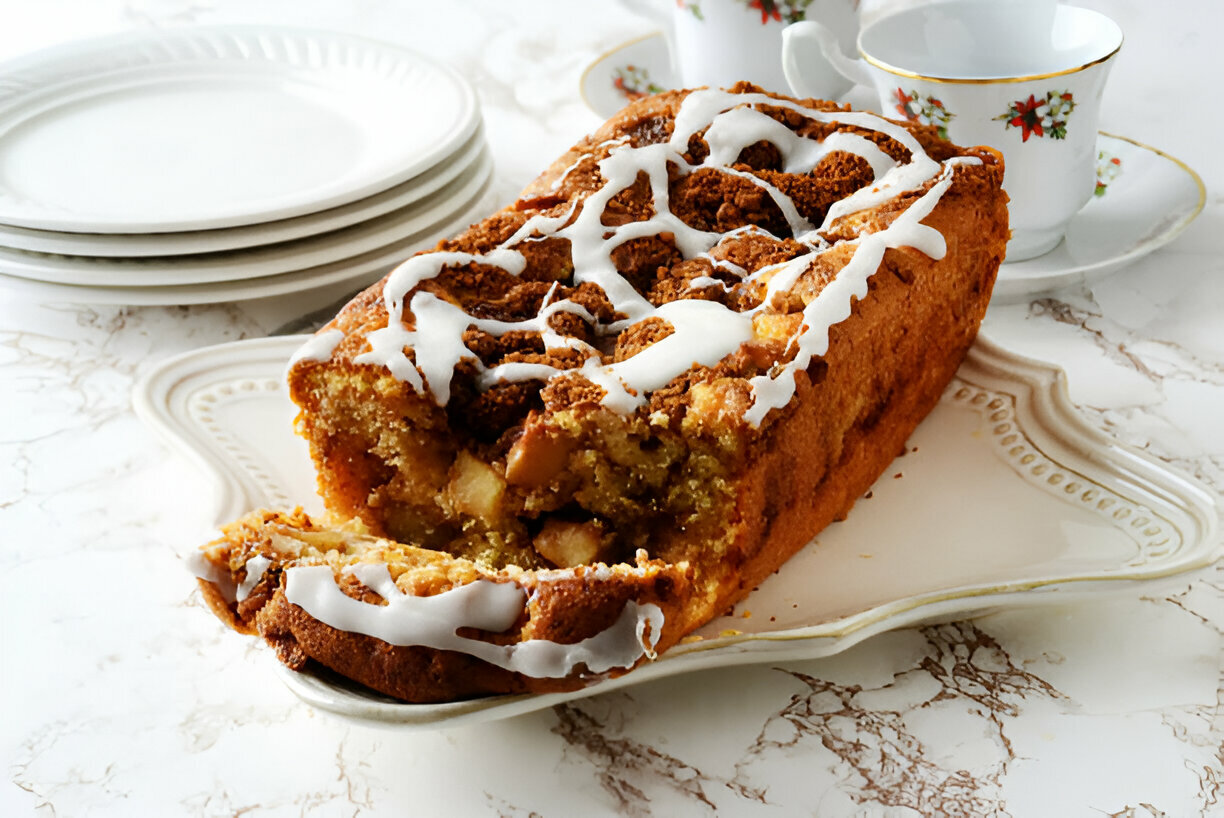Meringue cookies, light and airy treats with a crisp exterior and a soft, chewy center, have captured the hearts of dessert lovers around the globe. These delightful confections, made primarily from egg whites and sugar, are not only visually stunning but also versatile in their application. From elegant dessert presentations to casual snacking, meringue cookies add a touch of sophistication to any culinary setting.
The significance of meringue cookies in the world of baking cannot be overstated. They serve as a testament to the art of precision in the kitchen, where the simplest ingredients can yield extraordinary results. Their delicate nature invites bakers to experiment, leading to an array of innovative flavors and textures that can elevate any dessert spread. Whether enjoyed on their own or paired with other desserts, these cookies offer a sweet experience worth savoring.
In this article, we will delve into the fascinating history of meringue cookies, explore various types and their unique characteristics, and provide a step-by-step recipe to help you create your own batch at home. Along with expert tips and creative variations, you’ll learn everything you need to know to master the art of meringue cookies, making them a staple in your baking repertoire.

History of Meringue Cookies
The origins of meringue can be traced back to the early 17th century in Switzerland. It is believed that the name "meringue" derives from the town of Meiringen, which is situated in the picturesque region of the Bernese Alps. Initially, these delightful creations were made from whipped egg whites and sugar, but it wasn’t until they were imported to France that they began to gain widespread popularity.
As meringue evolved, it took on various forms, ultimately leading to the development of meringue cookies. French culinary experts refined the technique, creating a more structured and airy cookie that captured the hearts of pastry chefs and dessert enthusiasts alike.
Regional variations of meringue also emerged, each showcasing unique characteristics and preparation methods. French meringue, the simplest form, is made by beating egg whites to stiff peaks and mixing in sugar. Italian meringue, on the other hand, incorporates a hot sugar syrup into the whipped egg whites, resulting in a glossy finish, while Swiss meringue involves heating the egg whites and sugar together before whipping, leading to a denser and creamier texture. These diverse styles not only demonstrate the adaptability of meringue but also reflect the creative spirit of bakers across different cultures.
What are Meringue Cookies?
Meringue cookies are a type of dessert made predominantly from whipped egg whites and sugar, resulting in a unique and delicate treat. The defining characteristics of these cookies include their light, airy texture and crisp exterior, which often conceals a soft and chewy center. This contrast creates a delightful mouthfeel that many find irresistible.
The flavor profile of meringue cookies is generally mild, allowing for versatility in terms of additional flavors. Commonly enhanced with vanilla extract, cocoa powder, or various flavorings, meringue cookies can be tailored to suit different palates. However, the star ingredients, egg whites and sugar, play a crucial role in their creation. Egg whites provide the necessary structure and stability for the meringue, while sugar not only sweetens the cookies but also contributes to their glossy finish and crisp texture. Mastering the balance of these simple ingredients is essential for achieving perfect meringue cookies, showcasing the beauty of simplicity in baking.

Types of Meringue Cookies
Meringue cookies come in several distinct varieties, each showcasing unique characteristics and preparation methods. Understanding these types can help you choose the right one for your baking projects, whether you're looking for a simple treat or an elaborate dessert. Here are the main types of meringue cookies:
French Meringue
French meringue is the most basic and widely used form of meringue. It is made by beating egg whites until they are foamy and then gradually adding granulated sugar until stiff peaks form. This light and airy meringue is often used to create delicate cookies and is known for its crisp texture and stable structure after baking. French meringue is typically piped into shapes before being baked at a low temperature, allowing it to dry out and achieve its iconic crunch.
Swiss Meringue
Swiss meringue is created by gently heating egg whites and sugar over a bain-marie (water bath) while whisking constantly. Once the sugar has dissolved and the mixture is warm, it is removed from the heat and whipped until it forms stiff peaks. This process results in a denser and creamier meringue, making it ideal for piping and layering in various desserts. Swiss meringue is often used as a frosting or filling, but it can also be baked into cookies with a glossy finish.
Italian Meringue
Italian meringue is known for its stability and glossy sheen, achieved by incorporating a hot sugar syrup into the whipped egg whites. To make it, sugar is boiled with water to create a syrup, which is then carefully poured into the whipped egg whites while mixing. This method not only creates a strong structure but also cooks the egg whites, making it safe to eat. Italian meringue is a popular choice for mousses and buttercreams, but it can also be used in cookie recipes for a richer flavor and texture.
Japanese Meringue
Japanese meringue takes a unique approach by using a smaller amount of sugar and often incorporating cornstarch to stabilize the mixture. Egg whites are whipped until soft peaks form before the sugar is added gradually. The addition of cornstarch helps improve the texture and structure of the meringue. Japanese meringue cookies have a chewy inside with a crisp exterior and are often flavored with matcha or other unique ingredients, making them a delightful option for those looking to explore different taste profiles.
Health Benefits of Meringue Cookies
Meringue cookies, while considered a dessert, come with a range of health benefits that make them a suitable option for various dietary preferences. Here are some of the advantages of including meringue cookies in your culinary repertoire:
- Low in Fat: One of the most significant benefits of meringue cookies is that they are low in fat. Made primarily from egg whites and sugar, they contain no butter or oils, making them a lighter dessert option.
- Gluten-Free Option: Meringue cookies are naturally gluten-free, making them a great choice for individuals with gluten sensitivities or celiac disease.
- Nutritional Value of Egg Whites: Egg whites are a good source of protein and contain minimal calories. They provide essential amino acids needed for muscle repair and overall health.
- Use of Natural Sweeteners: While traditional recipes call for granulated sugar, it's possible to experiment with natural sweeteners like honey or maple syrup, making them a healthier alternative for those looking to decrease refined sugar consumption.
Step-by-Step Recipe for Meringue Cookies
Ingredients
- 4 large egg whites
- 1 cup granulated sugar
- 1 teaspoon vanilla extract
- A pinch of salt
- Optional: food coloring or chocolate chips
Directions
- Preheat the oven: Begin by preheating your oven to 200°F (93°C) and lining a baking sheet with parchment paper.
- Whip the egg whites: In a clean, dry bowl, whip the egg whites with a pinch of salt until they become frothy.
- Add sugar: Gradually add the sugar, a tablespoon at a time, while continuing to whip the mixture. Keep whisking until stiff peaks form and the meringue is glossy.
- Fold in vanilla: Gently fold in the vanilla extract along with any desired food coloring or chocolate chips.
- Pipe the meringue: Using a piping bag or spoon, pipe or dollop the meringue onto the prepared baking sheet, forming small circles or shapes.
- Bake: Place the baking sheet in the preheated oven and bake for about 1.5 to 2 hours, or until the meringues are dry and easily lift off from the paper.
- Cool: Turn off the oven and leave the meringues inside to cool completely for a few hours. This helps to prevent cracking.
- Store: Once cooled, store your meringue cookies in an airtight container to maintain their crispness.
Tips for Perfect Meringue
- Use room temperature egg whites for better volume.
- Ensure no egg yolk is mixed in, as it can prevent the whites from whipping properly.
- Be mindful of humidity levels; high humidity can affect the texture of meringues.
- Right after baking, store them in a cool, dry place to prevent moisture absorption.
Creative Variations of Meringue Cookies
While classic meringue cookies are delicious on their own, there are endless possibilities to elevate them with creative twists. Here are some fun variations to try:
Chocolate Meringue Cookies
Incorporate cocoa powder into the meringue mixture for a rich chocolate flavor. Add mini chocolate chips for an extra indulgent treat.
Nutty Meringue Cookies
Enhance your meringue cookies by folding in chopped nuts like pistachios, almonds, or hazelnuts right before piping. This adds a delightful crunch and flavor.
Meringue Kisses
Create bite-sized meringue kisses by piping small, round shapes and baking them as individual cookies. These are perfect for serving at parties or as sweet gifts.
Swirled Meringue Cookies
Add visual appeal by swirling different colors of meringue together with a skewer before baking. This technique can create stunning, multicolored cookies that are as beautiful as they are tasty.
Common Mistakes to Avoid
When making meringue cookies, it's important to be aware of common pitfalls that can lead to undesirable results. Here are mistakes to avoid:
- Undercooking or overcooking: Ensure you're properly timing the baking process; undercooked meringues will be sticky, while overcooked ones can become too hard.
- Incorrect sugar to egg white ratio: Not using the right amount of sugar can lead to unstable meringue, so stick to the recommended ratios.
- Not achieving stiff peaks: If the meringue is under-whipped, it may collapse or not hold its shape during baking. Make sure to whisk until stiff peaks form.
- Over mixing: Once you add your flavorings or extras, mix just until combined to avoid deflating the meringue.
Serving Suggestions and Pairings
Meringue cookies are versatile treats that can elevate any gathering or occasion. Here are some suggestions for serving and pairing:
- Best beverages: Pair meringue cookies with tea, coffee, or dessert wines to enhance their flavors.
- Serving at parties: Arrange meringue cookies on a decorative platter, perhaps alongside fresh fruits or dips, for an elegant touch.
- Storing and gifting ideas: Package meringue cookies in decorative boxes or jars to create thoughtful gifts for loved ones.
FAQ Section
What is the best way to store meringue cookies?
Meringue cookies should be stored in an airtight container in a cool, dry place to maintain their crispness. Avoid refrigeration, as moisture can affect their texture.
Can I make meringue cookies ahead of time?
Yes, meringue cookies can be made ahead of time and stored for several weeks if kept in an airtight container.
Why did my meringue cookies crack?
Cracking can occur if meringue cookies are baked at too high a temperature or if they are moved from the oven too quickly. Gradual cooling can help prevent cracking.
Are there any substitutes for granulated sugar?
While granulated sugar is recommended for meringue, alternatives like powdered erythritol or other natural sweeteners can be used, but they may affect the texture and stability.
Can meringue cookies be made vegan?
Yes, aquafaba, the liquid from chickpeas, can be used as a substitute for egg whites in meringue recipes, creating a vegan-friendly option.
Conclusion
Meringue cookies are a delightful addition to any dessert lineup, showcasing the beautiful interplay of texture, flavor, and visual appeal. With their light and airy nature, they are perfect for any occasion. We encourage you to try the recipes and variations provided, allowing you to master this exquisite treat in your own kitchen.

meringue cookies
Equipment
- 1 mixing bowl
- 1 electric mixer or whisk
- 1 baking sheet
- 1 parchment paper
- 1 rubber spatula
- 1 oven
Ingredients
- 2 large egg whites Make sure there is no yolk or grease for proper whipping.
- ½ teaspoon cream of tartar
- ½ cup granulated sugar Add gradually, one tablespoon at a time.
- 1 teaspoon vanilla extract Feel free to use other extracts for different flavors.
- as desired food coloring Optional for colorful meringues.
Instructions
- Preheat your oven to 200°F (93°C) and line a baking sheet with parchment paper.
- In a clean mixing bowl, add the egg whites, ensuring there is no yolk or grease in the bowl.
- Using an electric mixer or a whisk, beat the egg whites until frothy.
- Add the cream of tartar and continue to beat until soft peaks form.
- Gradually add the granulated sugar, one tablespoon at a time, while continuing to beat until stiff peaks form and the meringue looks glossy.
- Mix in the vanilla extract and, if desired, add food coloring and gently fold it in.
- Spoon or pipe the meringue mixture onto the prepared baking sheet in small dollops or shapes, spacing them about an inch apart.
- Place the baking sheet in the preheated oven and bake for 60 minutes, or until the meringues are dry to the touch and easily lift off the parchment paper.
- Turn off the oven and let the meringue cookies cool inside for an additional hour to further dry out and firm up.





Leave a Reply